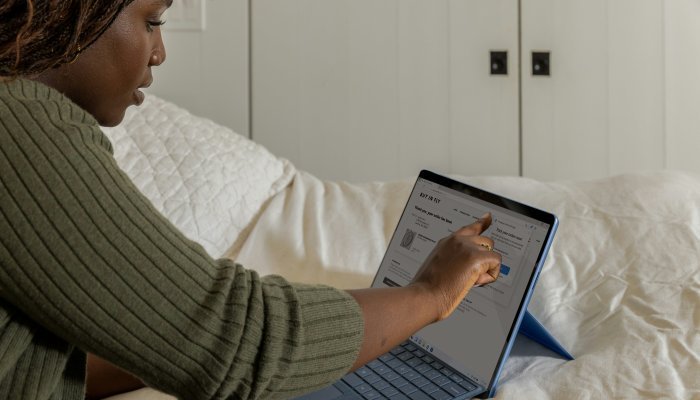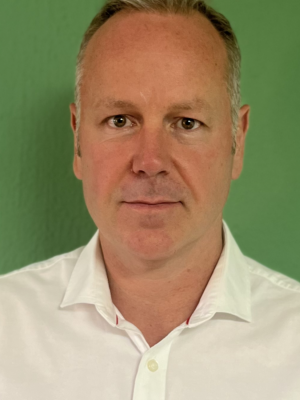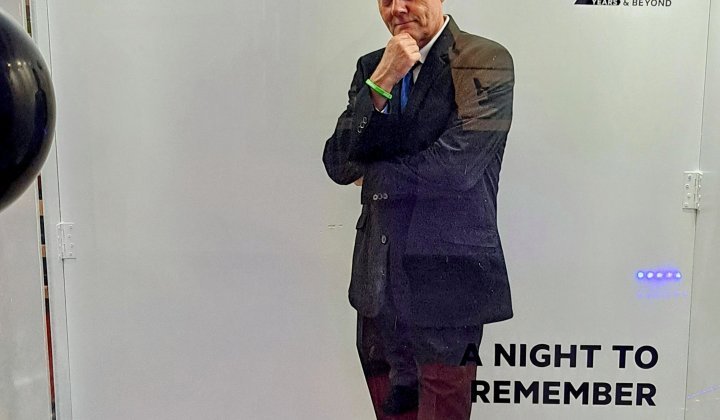If we had a small business for every study, conference and corporate initiative to help small businesses, South Africa might be doing rather well.
In reality, it is very hard to tell which support mechanisms actually work to help create and nurture small enterprises.
That is not to downplay the importance of every attempt to assist SMMEs. Every bit counts. Equally, we need to unearth new and better ways to foster small local businesses. The team at the GIBS Centre for African Management and Markets (CAMM) recently embarked on just such a mission.
The Aspen GIBS Route-to-Market Challenge invited small businesses in the medical and healthcare industries to apply. A panel of internal and external judges appraised entries and selected a shortlist to undergo training and an immersive experience of pitching their business to industry leaders and the procurement team at Aspen Pharmacare.
Reflecting on the process, one heartening lesson remains with me: There is great hope. In a context where it is easy to become perpetually negative about entrepreneurship, this experience showed me that we have the vigour, ideas and acumen among small businesses in this country. I’d like to share the reasons for this sentiment. Here are the top three businesses chosen in the Aspen GIBS Route-to-Market Challenge and why they inspire positivity.
Dignity in a box
To the casual observer, Portia Mavhunga’s PRD Logical Solutions sells a physical product. However, to listen to Portia for five minutes is to realise that what she wants to contribute is a feeling.
“I started the business because I wanted to help people to keep their dignity,” she explained during her visit to GIBS. “In 2011 I had a major accident. I fell three storeys and broke my pelvis. I was in a wheelchair for a year. That whole time I relied on my mother and grandmother to help me use the bathroom. That was physically very painful. Nobody should suffer that indignity.”
Once healed, Portia set about finding a solution so that others in her position might avoid these struggles. The upshot is the Para-tube. This relatively simple device is designed to retrofit any wheelchair and to enable the user to use the restroom independently. The Para-tube’s mechanism replaces the ordinary wheelchair seat and uses biodegradable bags.
Portia’s business has patents for the product in both South Africa and the US, as well as South African Health Products Regulatory Authority (SAHPRA) categorisation of her device as Class A. The first sale of 35 products to a disability home was recently concluded.
Injecting life
Giancarlo Beukes almost lost his brother when he urgently needed some sophisticated treatment that his parents were unable to afford. As a sufferer of anaphylaxis, Beukes himself is reliant on high-tech medical solutions. His friend and business partner Gokul Nair can relate. Growing up in Coffee Bay, in the Eastern Cape, he recalls a hair-raising 60km drive over gravel roads to get his brother to the nearest hospital in Mthatha after an accident.
Purpose met opportunity when Beukes and Nair crossed paths as biomedical engineering masters students at the University of Cape Town years after their harrowing experiences. Fate may already have predicted that the pair would combine their passions and skills to establish Impulse Biomedical – a business that designs, manufactures, and tests innovative, ground-breaking, and accessible medical devices.
One standard product design they have challenged is the adrenaline auto-injector. These life-saving devices are required within minutes of a severe allergic reaction known as anaphylaxis. The ZiBiPen disrupts the existing market.
For starters, their product comes in four different needle lengths. This caters to people of all shapes and sizes. Critically, the ZiBiPen is also the only reloadable auto-injector.
Traditional designs require the entire device to be discarded every 12 months. “Our product uses cartridges,” explains Beukes. “So you don’t need to throw out the entire device every year. You just replace the cartridge. We can save nearly three quarters of the price that way and at the same time improve clinical efficacy.”
“It is also a platform injector,” Nair goes on. “It can be used with various medications, including naloxone [used to reverse or reduce the effects of opioids], diazepam [for anxiety, alcohol withdrawal, and seizures] and more.”
The ZiBiPen has been granted utility patents in the UK and USA. It recently came through clinical trials, producing what Beukes calls “super promising preliminary results”.
Testing the limits
“Lateral flow test” was biomedical jargon until late 2019. The advent of Covid-19 brought that term into the everyday lexicon as we (apprehensively) gave samples and hoped for a negative result. Medical Diagnostech, a South African business established in 2010, is an accredited and SAHPRA-approved developer of these devices and other medical technologies.
As with many of our favourite RTM applications, Medical Diagnostech focuses on the challenge of a dearth of local manufacturers and an overreliance on expensive imports. The business also prides itself on superior durability and delivery efficiency for local buyers.
The benefits of local solutions are that an Covid antigen self-test can pair with a companion mobile app whereby results are automatically sent from the user’s cellphone to the South African National Health Database.
The business has South African distribution via multiple channels and has established branches in Ethiopia, Rwanda, Botswana and Mozambique. Sales were over R15 million in 2022 and there is reason to believe there is room for growth. While some think of it as “the local company that makes Covid tests”, the company does great deal more. It has expertise and products in an array of testing technologies – spanning from Covid and pregnancy to drugs and malaria.
Founder and CEO Ashley Uys explains the firm’s vision. “There is a great deal that can be achieved by early diagnosis – especially in Africa. That’s why we focus on fighting difficult-to-diagnose diseases and epidemics with the highest-quality, most cost-effective products possible.”
While GIBS’ purpose was to provide entrepreneurs a viable shot at a route to market, GIBS was able to make an award of R100 000 to each of our three winning businesses.
As it ought to be, the teachers learned at least as much as their pupils. The strategies, frugal innovation and localisation of solutions are teachable lessons.
Perhaps most of all, this experience was a robust antidote to the narrative of negativity. That is not to suggest all is well, but simply that we have the entrepreneurial vim, flair and expertise to work with. It can succeed. If business schools, businesses and other institutions offer a nudge in the right direction, youth and entrepreneurship will do the rest.
Francois Fouché hails from the earlier Wharton Econometric Forecasting Associates, a USA-based commercial think-tank founded by Nobel prizewinner Dr Lawrence Klein. He advises central banks, governments and industry on all matters trade and investment related, like evidence-based export strategy development. He is an economist and research fellow at GIBS Centre for African Markets and Management (CAMM), which conducts academic and practitioner research and provides strategic insight on African markets.






